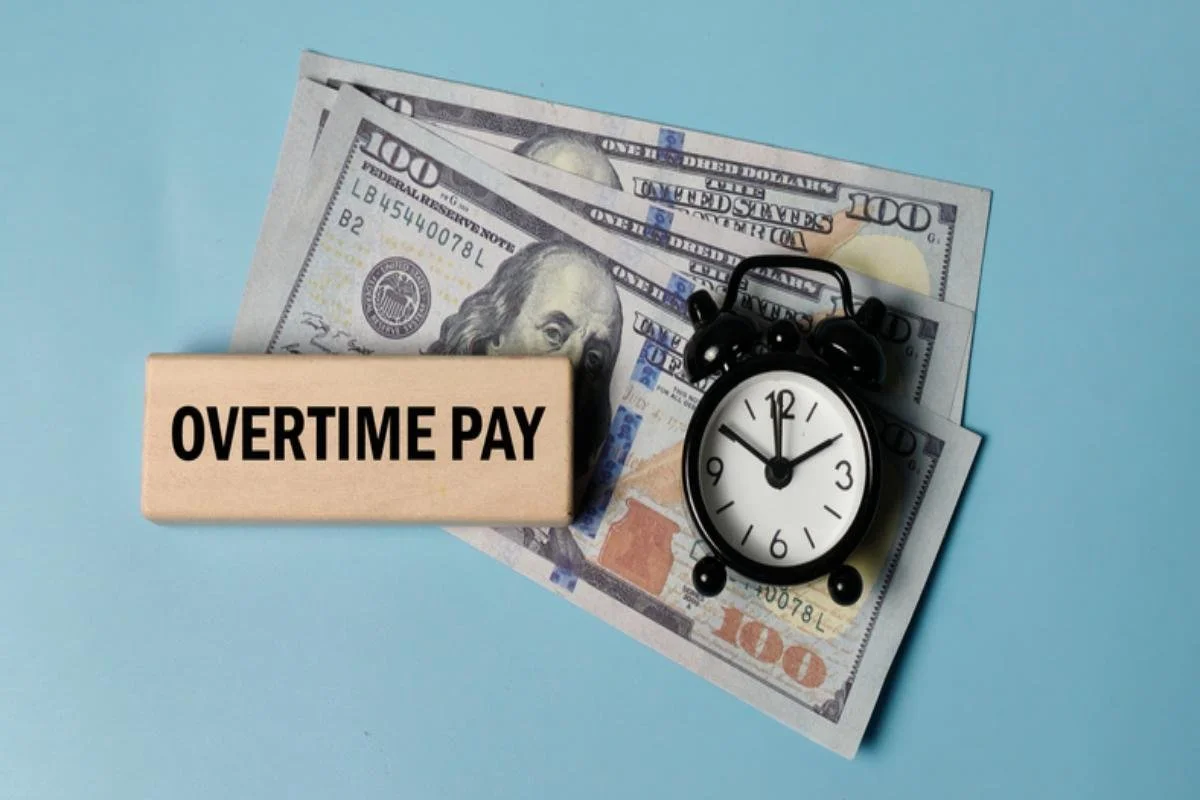Ninth Circuit Sends Farmworker Wage and Hour Case Back to California State Court
/A recent Ninth Circuit ruling reaffirmed that California farmworkers can pursue wage and hour claims in state court even when employers argue collective bargaining agreements (CBAs) should control. The case of Renteria-Hinojosa v. Sunsweet Growers Inc. highlights the ongoing legal battles farmworkers face over minimum wages, sick pay, overtime, and meal/rest breaks.
Case: Renteria-Hinojosa v. Sunsweet Growers Inc.
Court: U.S. Appellate Court, Ninth Circuit
Case Nos.: 23-3379 and 23-4335
The Plaintiff: Renteria-Hinojosa v. Sunsweet Growers Inc.
Annamarie Renteria-Hinojosa, a farmworker, brought claims against Sunsweet Growers Inc., alleging that the company failed to pay her and other workers minimum wages, sick pay, and overtime. She also claimed Sunsweet denied legally required meal periods and rest breaks, failed to provide accurate wage statements, and did not reimburse necessary business expenses.
The Defendant: Sunsweet Growers Inc.
Sunsweet Growers Inc., known for processing and distributing prunes, argued that the case should be decided in federal court because the claims were tied to provisions in a collective bargaining agreement with Teamsters Local 856. The company also sought dismissal, contending that Renteria-Hinojosa failed to follow CBA dispute resolution procedures.
A History of the Case: Renteria-Hinojosa v. Sunsweet Growers Inc.
Renteria-Hinojosa filed suit in California state court in 2023. Sunsweet quickly removed the case to federal court, claiming Section 301 of the Labor Management Relations Act (LMRA) preempted the claims. U.S. District Judge Daniel Calabretta disagreed and sent the case back to state court.
Sunsweet appealed, but the Ninth Circuit upheld Judge Calabretta’s ruling in August 2025. The appellate panel explained that while CBAs govern certain topics, state labor law protections — such as those regarding overtime, rest breaks, and wage statements — remain enforceable under California statutes.
The Main Question Being Considered: Renteria-Hinojosa v. Sunsweet Growers Inc.
The central question was whether Renteria-Hinojosa’s wage and hour claims were preempted by federal law due to her union’s collective bargaining agreement. The Ninth Circuit ruled they were not. California law provides independent rights that cannot be waived simply by invoking a CBA.
Why This Case Matters: Renteria-Hinojosa v. Sunsweet Growers Inc.
This decision reinforces that California workers can rely on state labor law protections even when covered by a union contract. Employers cannot avoid state court scrutiny by funneling disputes into federal court through LMRA preemption arguments. For farmworkers and other unionized employees, the ruling strengthens access to state-based wage and hour protections.
FAQ: Renteria-Hinojosa v. Sunsweet Growers Inc.
Q: What did Renteria-Hinojosa claim against Sunsweet Growers?
A: She alleged unpaid minimum wages, sick pay, overtime, denied meal/rest breaks, inaccurate wage statements, and a lack of expense reimbursement.
Q: Why did Sunsweet try to move the case to federal court?
A: Sunsweet argued the claims were governed by a collective bargaining agreement, triggering federal jurisdiction under the LMRA.
Q: How did the Ninth Circuit rule on jurisdiction?
A: The Ninth Circuit held the claims belong in California state court because they rely on state labor law protections, not just the CBA.
Q: What does this ruling mean for California workers?
A: It confirms that unionized employees still have enforceable state labor rights and cannot be forced to resolve wage claims only through federal courts.
Q: Why is this case important beyond farmworkers?
A: It sets a precedent that employers can’t misuse CBA preemption to sidestep California’s labor laws, benefiting all unionized workers in the state.
California Workers Should Make it a Priority to Know Their Rights
California’s labor laws provide strong protections for workers, whether or not a union contract covers you. Employers may argue that federal law overrides your rights, but this case shows courts are willing to uphold California protections.
If you believe you have been denied overtime, meal breaks, accurate pay statements, or other rights, the attorneys at Blumenthal Nordrehaug Bhowmik DeBlouw LLP can help. With offices in San Diego, Los Angeles, San Francisco, Sacramento, Riverside, and Chicago, our experienced employment attorneys are ready to fight for you.




